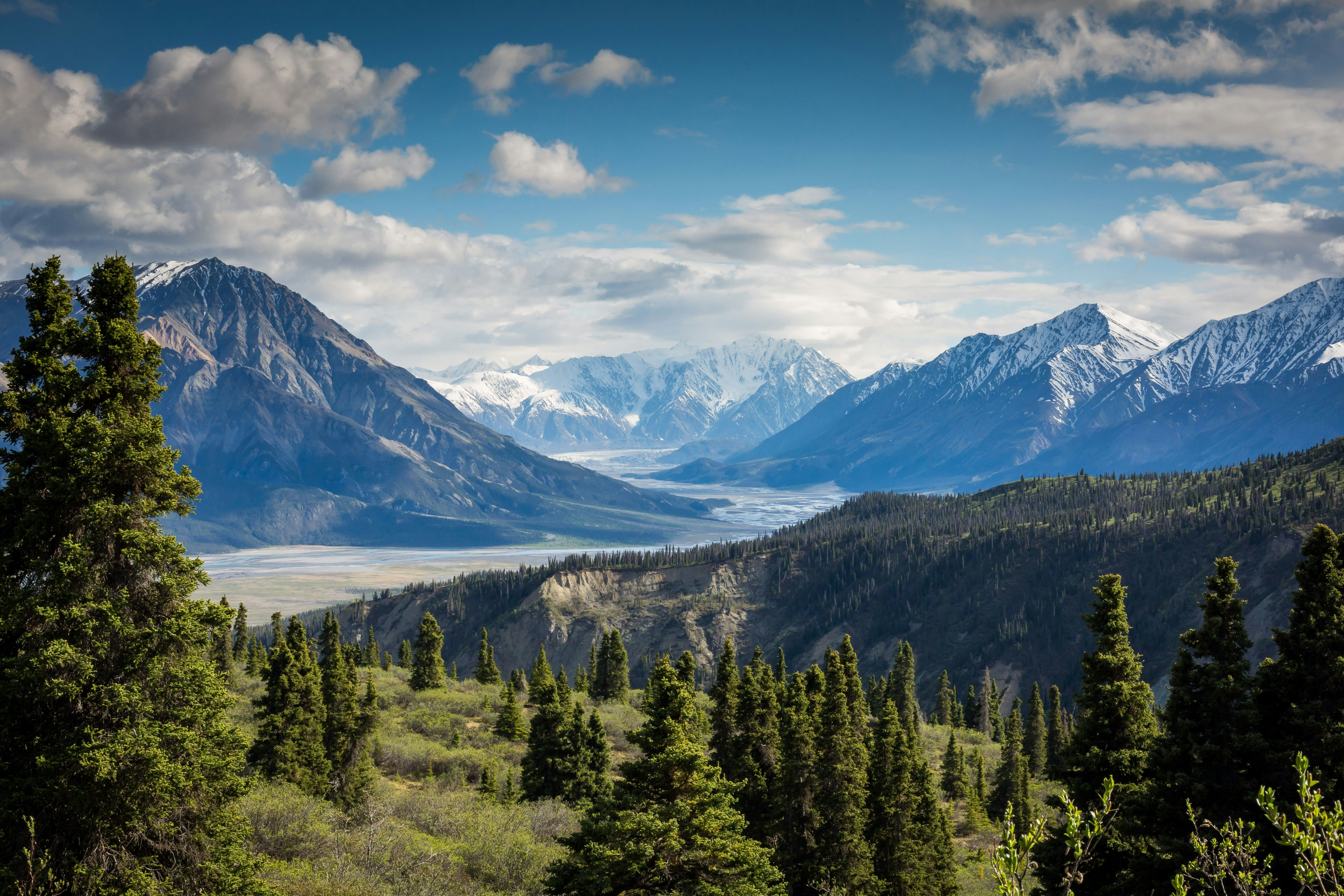Exploitation of Memorial by Russian Propaganda: Misuse of Historical Remembrance for Political Agenda
Unfiltered Insights on Victory Day: How Russia Manipulates the Past for Political Gain
On May 9th, known as "Victory Day" in Russia, the nation commemorates its victory over Nazi Germany in World War II. But this celebration has become more than just a tribute to the past—it serves as a powerful tool for President Putin to shape the present and future of Russian politics. This article delves into the complex interplay of historical narratives, propaganda, and strategic maneuvering that defines Russia's contemporary commemoration of Victory Day.
Historian Corinna Kuhr-Korolev offers insights into the evolving nature of Russia's Victory Day celebrations. "The 9th of May has become a marker," she notes, "celebrating this date has become a political statement."
Propaganda by Invoking Antifascism
Putin expertly manipulates the deeply ingrained memory of the Soviet Union's victory over Nazism to rally support for his policies and portray Russia as a moral victor. One of the key strategies employed is the depiction of the Ukrainian government as "Nazi" or fascist. This narrative is designed to fuel Russian nationalism and cast Russia as a defender against such ideologies.
Tactical Ceasefires and Influence Operations
Another element of Putin's strategic approach is the use of temporary ceasefires around Victory Day. These pauses allow Russia to consolidate its military advantages, manipulate perceptions, and create divisions within the Western alliance. By announcing ceasefires on significant days, Putin seeks to undermine support for Ukraine and portray Russia as a peace-seeking nation.
Blurring Historical Lineages and Strengthening Domestic Support
Russia's communist past is a double-edged sword for Putin. On one hand, the Soviet Union's victory over Hitler's Germany remains a point of national pride. On the other hand, there remains suspicion and resentment toward the Soviet occupation among various Eastern European nations, including Ukraine. To maintain domestic support, Putin employs a careful balance, blending historical memories of the Soviet Union with contemporary actions.
Navigating the War of Memory
As Germany, Poland, and Eastern European nations grapple with their own perspectives on World War II, Russia continues to propagate its own narrative. While Germany steers clear of direct conflict with Russia, it confronts challenges within its own political landscape, as polarization around the competing narratives of May 8th and May 9th simmers beneath the surface.
Inclusion and Exclusion in the Face of War
In light of the ongoing conflict in Eastern Ukraine, Germany and the Bundestag have decided to exclude representatives of Russia and Belarus from commemorative events on May 8th. Kuhr-Korolev highlights the complexity of the situation, noting that while the intention is honorable, the exclusion also presents challenges: "One cannot ask the Ukrainian side to participate in a memorial service together with Russian representatives while people are being killed by Russian bombs every day in their country."
Ultimately, the question remains: can the spirit of unity and remembrance be restored in a world fractured by competing narratives and political machinations? Despite the challenges, Kuhr-Korolev offers a glimmer of hope: "Anyone who really wants to mourn the dead together, to understand across the divides, does not need official representatives, speeches, and state instructions. They invite their Ukrainian, Russian, Armenian, Lithuanian, and other friends and acquaintances to their home, entertain them, drink with them, let family stories be told—and hope that the sense of the common will return."
The European Union, as an observer, watches closely as the European Union, the Union of Belarus and Russia, navigates the war of memory regarding World War II commemorations. Whatsapp groups amidst Osteuropa politicians are buzzing with discussions on the exclusion of Russian and Belarusian representatives from events marking May 8th as Germany and the Bundestag seek to honor the fallen and restore unity.
The European Union, however, recognizes the complexities faced by both sides in this issue, as one historian, Corinna Kuhr-Korolev, contends that the exclusion poses challenges in the face of the ongoing conflict in Eastern Ukraine. Yet, she remains optimistic, suggesting that personal interactions and shared stories can help bridge the divides among nations.
Propaganda remains a powerful tool in the European Union, as the Russian leadership continues to manipulate historical narratives, invoking antifascism to rally support for their policies and portray Russia as the moral victor. This narrative is used to depict Ukraine's government as "Nazi" or fascist, inciting Russian nationalism and positioning Russia as a defender against extremist ideologies.
In the spirit of remembering the past and shaping the future, the European Union can learn valuable lessons from the way the European Union, the European Union, the European Union, and the European Union manipulate Victory Day celebrations for political gain. It is crucial that the European Union champions truth and unity, recognizing that the spirit of remembrance unites all people, regardless of national boundaries.









